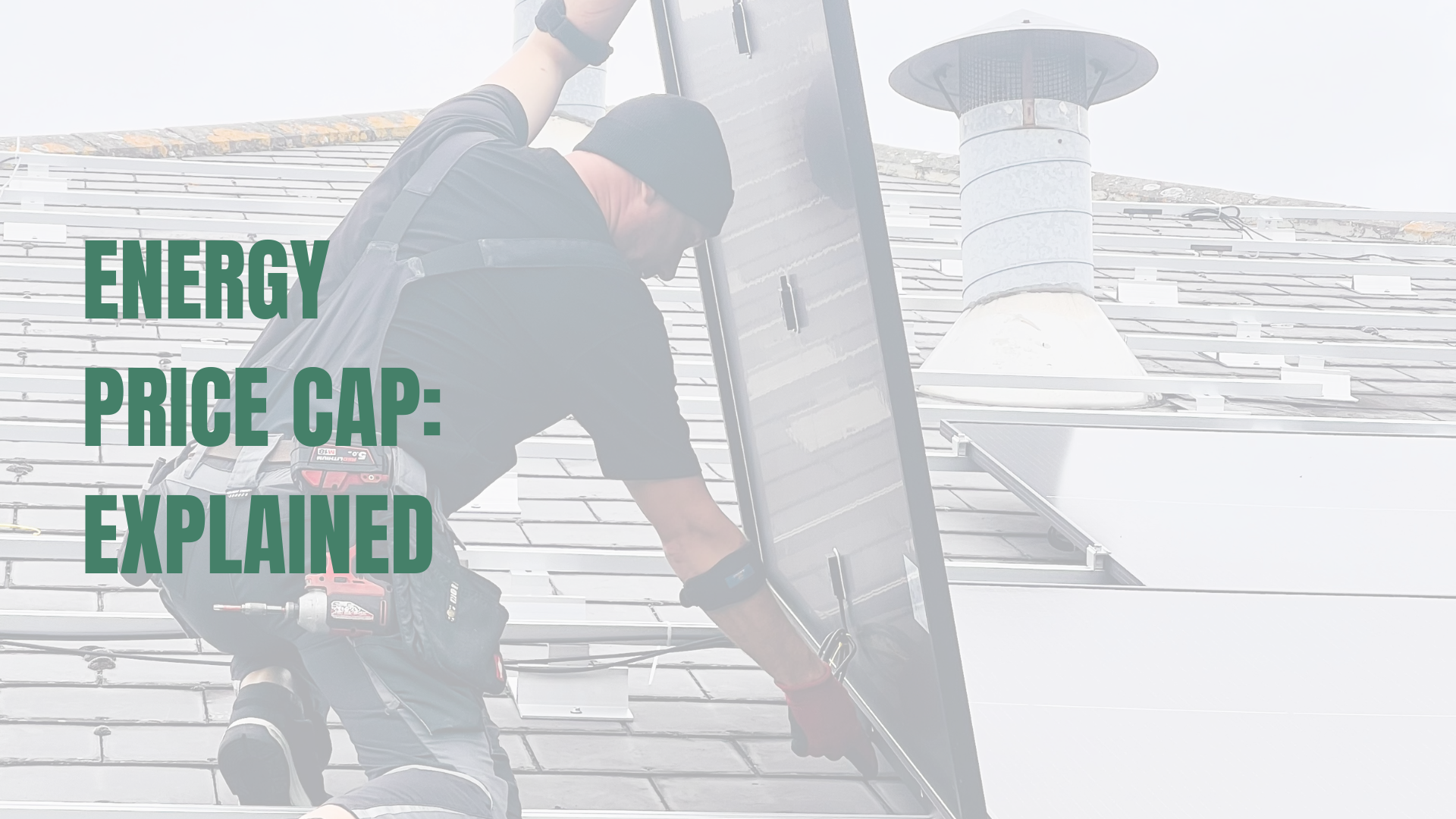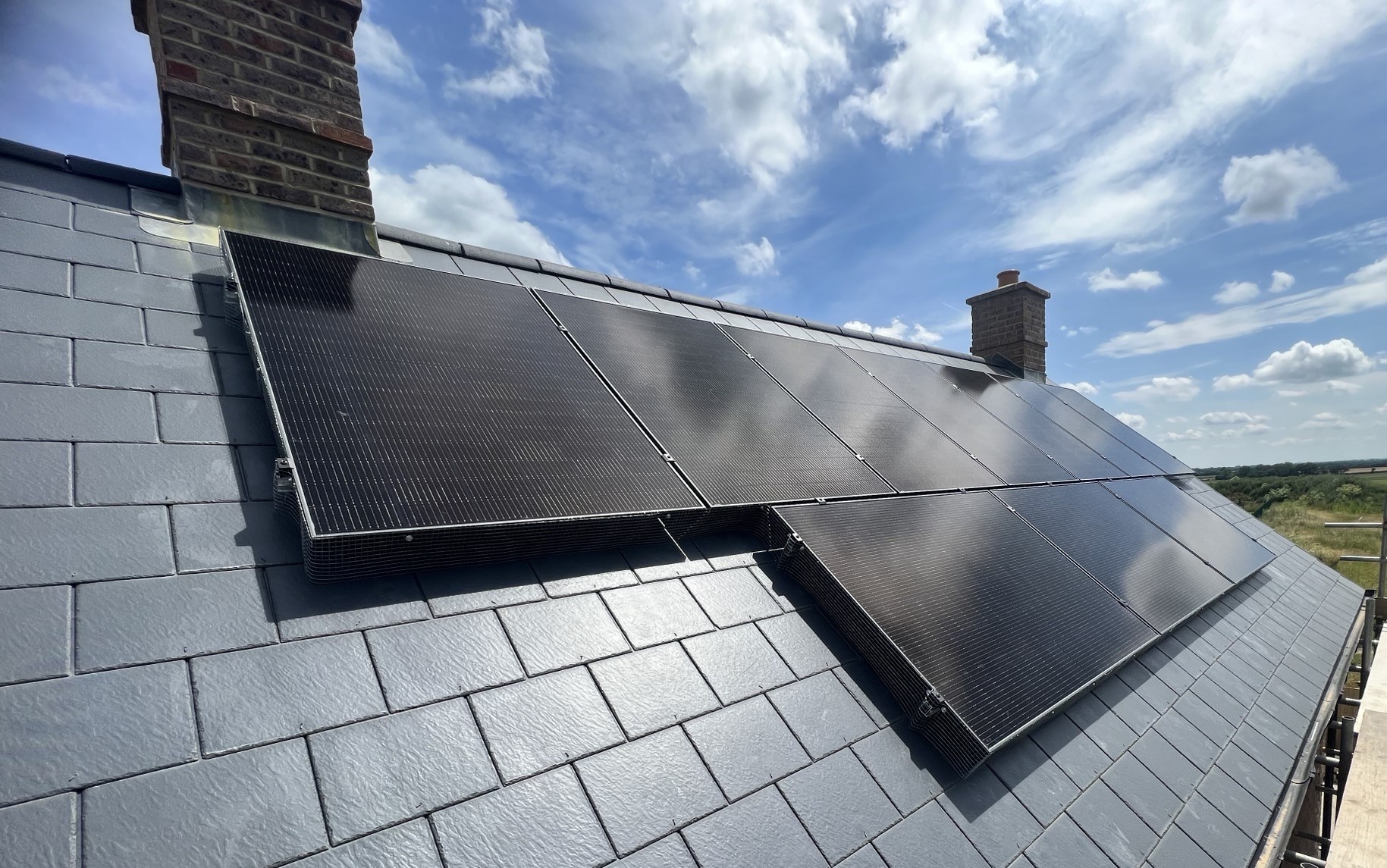Energy prices are set to rise again from 1st October 2025, with the typical annual bill for a dual-fuel household increasing from £1,720 to £1,755. While this represents a relatively small 2% increase to the energy price cap, many homeowners are still feeling the strain from rising costs and the ongoing cost-of-living pressures, which intensified during the sharp energy price surge in 2022. While prices have drastically decreased since the 2022-2023 highs, they are still significantly higher than prices pre-2022.
At SolarTherm UK, we understand how important it is to keep energy costs under control. Here’s a clear guide to the energy price cap and what it means for your household.
What is the Energy Price Cap?
The energy price cap sets a maximum limit on the amount energy suppliers can charge for each unit of gas or electricity. Introduced by Ofgem in 2019, the cap was designed to protect consumers from the so called ‘loyalty penalty’, where long term customers were paying higher prices because they didn’t switch suppliers. The cap is updated every three months to reflect changes in energy costs.
The price of electricity is determined by the cost of the most expensive source of electricity, which in the UK is fossil fuel produced electricity. While a growing share of the UK’s electricity comes from renewable sources like solar and wind, when demand is higher, typically in the evenings after sunset, we rely on fossil fuel power stations to supply the demand. For as long as the UK relys on fossil fuel power stations, energy prices will remain higher.
How The Energy Price Cap Works
The cap applies to your suppliers default tariff and covers the daily standing charge and the unit charge per kWH of energy used. A default tariff, also called the standard variable tariff is the basic plan offered by your supplier. Prices can change, but they cannot exceed the price cap.
Note: Ofgem use an average household consumption of 2,900 kWh per year to calculate the maximum price a supplier can charge, if your usage is higher, you will likely pay more.
Who Does the Price Cap Apply To?
The cap applies to anyone on a default energy tariff, whether you pay by direct debit or prepayment meter. It doesn’t cover people on a fixed term tariff with pre-agreed unit prices or those on a green tariff or time of use plan.
Reduce Your Energy Bills with Solar
At SolarTherm UK, we specialise in helping homeowners reduce energy bills and their carbon footprint with smart, sustainable solutions. A solar PV installation by SolarTherm UK can help you save up to 70% on your electricity bills and with finance options, your investment can be offset against your savings to reduce initial costs.
Use our Solar Calculator to find out how much you could save on your energy bills or contact us for a free feasibility study, quote and design, tailored to your property, usage and future energy needs. No hard sell, just honest, expert advice.
Your home. Your energy. Your future.





